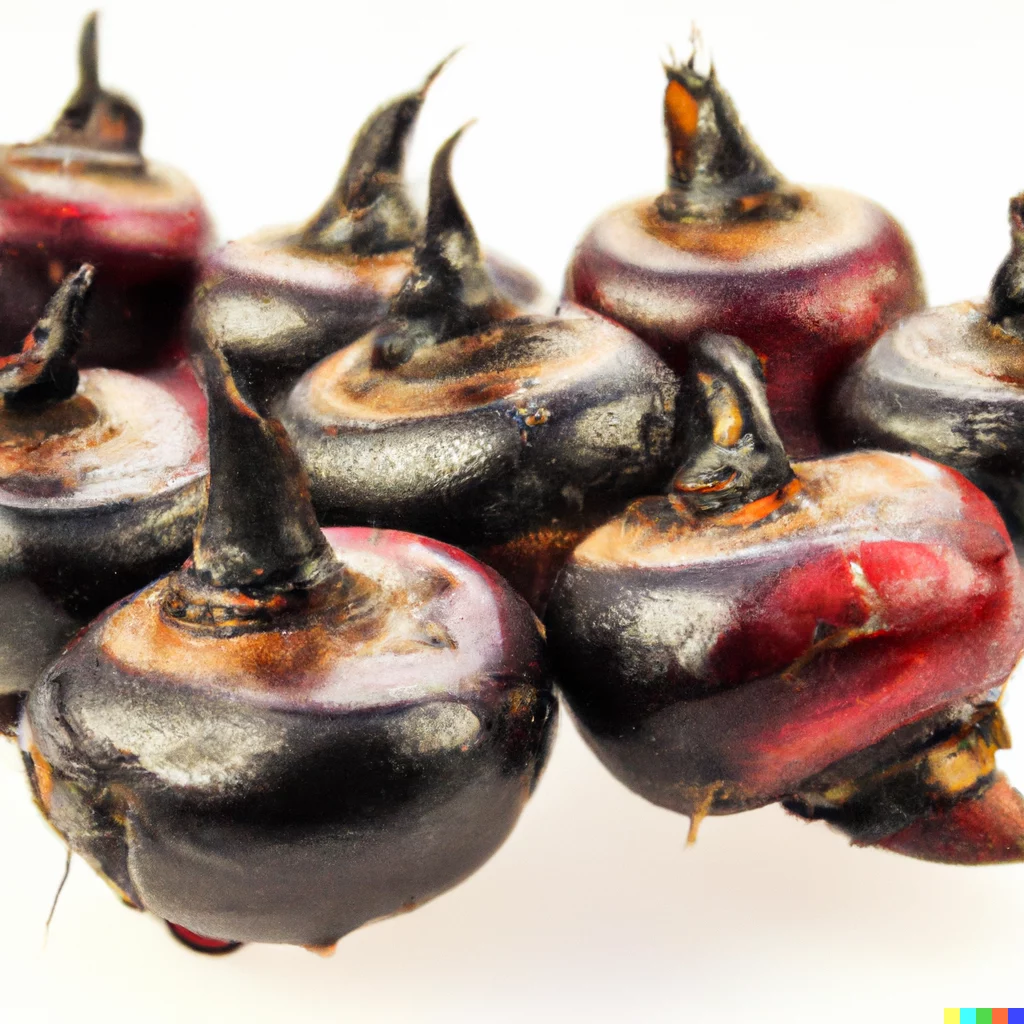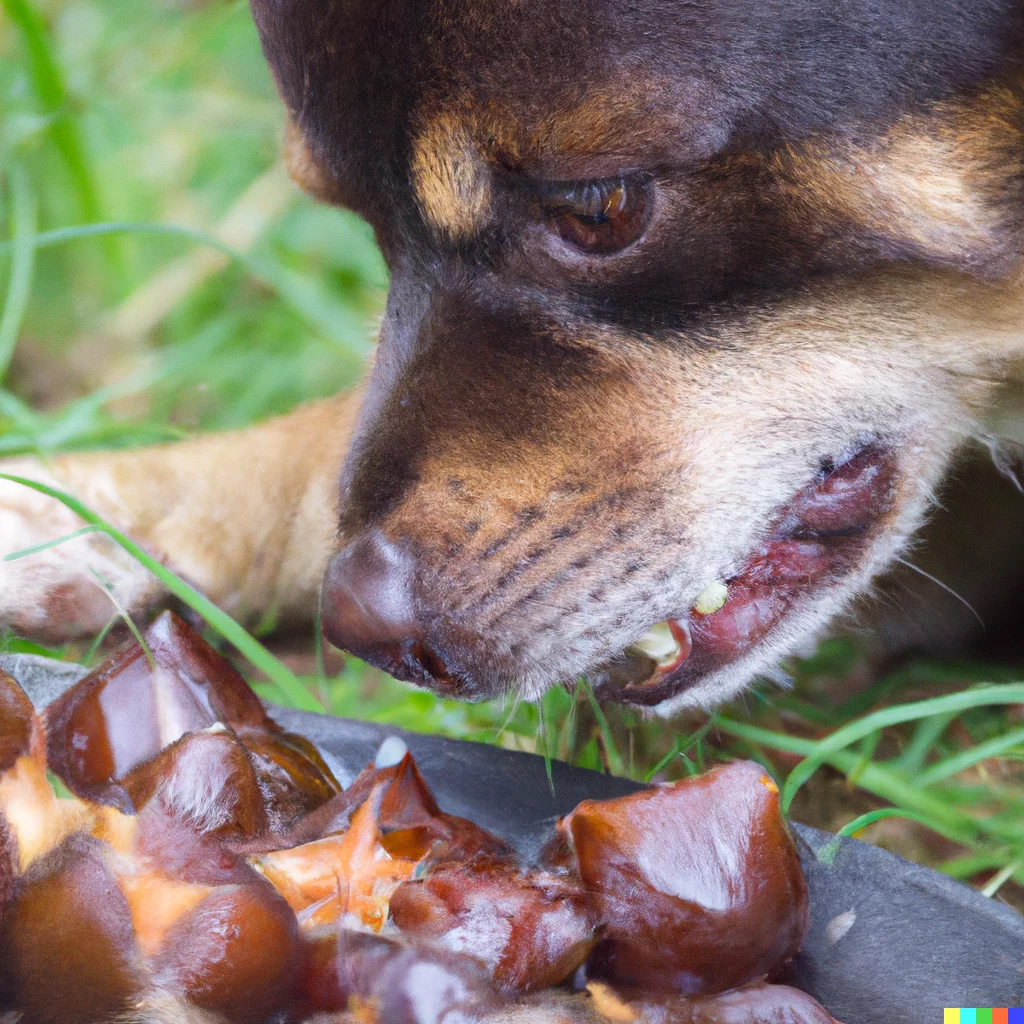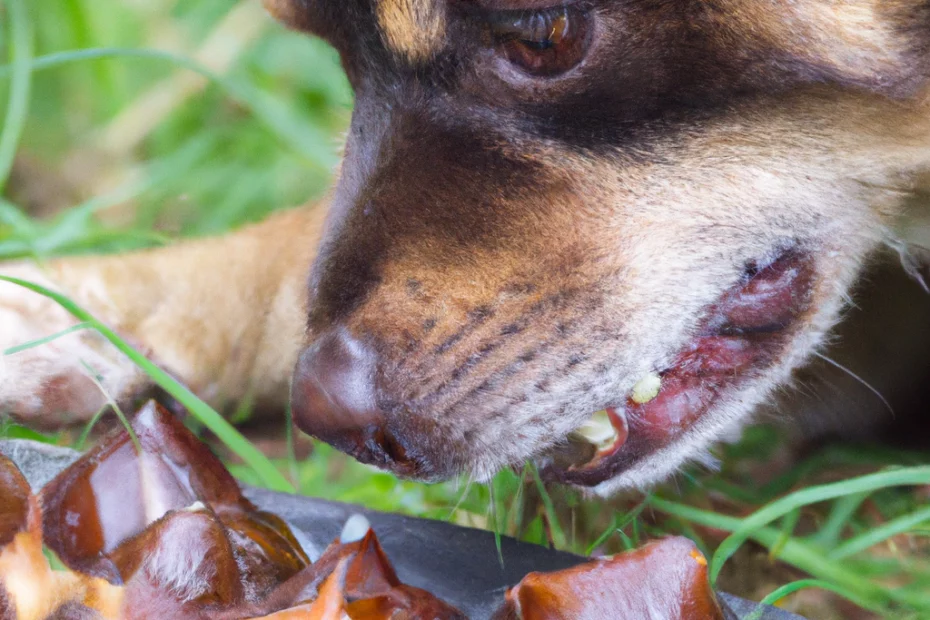Can dogs eat water chestnuts? As a dog owner, you may be wondering if it’s safe to give your furry friend some water chestnuts as a treat. While dogs can eat a wide range of human foods, it’s important to know which ones are safe and which can be harmful to your pet’s health. So, let’s dive into the topic and find out if water chestnuts are a safe option for your dog.
There is limited research specifically on the topic of dogs eating water chestnuts. However, there are studies on the safety and nutritional benefits of feeding dogs various human foods, including vegetables like water chestnuts. For example, a study published in the Journal of Animal Physiology and Animal Nutrition found that feeding dogs a diet supplemented with vegetables, including carrots and green beans, led to improved blood glucose and cholesterol levels. Another study published in the Journal of Nutrition found that feeding dogs a diet supplemented with blueberries led to improved cognitive function.
While there may not be studies specifically on water chestnuts and dogs, it is important to consider the nutritional content and potential health benefits or risks of any human food before feeding it to your pet. Consulting with a veterinarian can also provide valuable guidance on what foods are safe and appropriate for your individual dog’s needs.
What are Water Chestnuts?
Water chestnuts are a type of vegetable that grow in marshes, ponds, and shallow lakes. They are a popular ingredient in Asian cuisine and can be used in stir-fries, soups, and salads. Water chestnuts have a crunchy texture and a mild, slightly sweet flavor. They are low in calories and high in fiber, making them a healthy addition to human diets.

Can Dogs Eat Water Chestnuts?
Yes, dogs can eat water chestnuts in moderation. Water chestnuts are not toxic to dogs and are generally safe for them to consume. However, as with any human food, you should be careful about how much you give your dog and how you prepare it.
While water chestnuts are safe for dogs to eat, they are high in carbohydrates and low in protein, which can make them difficult for dogs to digest in large amounts. Feeding your dog too many water chestnuts can lead to digestive upset, such as diarrhea and vomiting.
It is also important to note that water chestnuts are often canned or prepared with added salt and seasonings, which can be harmful to dogs. Excessive salt consumption can lead to sodium ion poisoning, which can cause symptoms such as vomiting, diarrhea, seizures, and even death in severe cases.
In addition, some dogs may have an allergic reaction to water chestnuts or other ingredients in dishes that contain them. Signs of an allergic reaction in dogs can include itching, swelling, and difficulty breathing.
Therefore, while it is generally safe for dogs to eat water chestnuts in moderation, it is important to be mindful of how much you give them and how it is prepared. As always, it is best to consult with your veterinarian before introducing any new foods to your dog’s diet.

Benefits of Water Chestnuts for Dogs
Water chestnuts have some health benefits for dogs. They are a good source of fiber, which can help regulate digestion and prevent constipation. They are also low in calories, making them a good treat option for dogs that are watching their weight. Additionally, water chestnuts are rich in potassium and vitamin B6, which can support heart health and promote healthy skin and coat.
Precautions When Feeding Water Chestnuts to Dogs
While water chestnuts are generally safe for dogs, there are some precautions to keep in mind when feeding them to your pet. Here are some tips to ensure that your dog can safely enjoy this vegetable:
- Always feed water chestnuts in moderation, as too much of any human food can upset your dog’s stomach.
- Avoid giving your dog canned water chestnuts, as they may contain preservatives and additives that can be harmful to your pet’s health.
- Always wash and peel the water chestnuts before giving them to your dog, as the skin can be tough and difficult to digest.
- Cook the water chestnuts before feeding them to your dog, as raw vegetables can be difficult for dogs to digest and may cause gastrointestinal problems.
In Conclusion
Water chestnuts are a healthy and safe treat option for dogs in moderation. They can provide some health benefits and a crunchy texture that dogs love. However, always be careful about how much you give your dog and how you prepare the water chestnuts. If you have any concerns or questions about feeding your dog water chestnuts, it’s always a good idea to consult with your veterinarian.
